Cryo Roundup
Researchers are using extremely cold temperatures to treat pain and cancer.

Researchers have developed medical implants that dissolve after they've done their job.

ATHLETES & ROBOTS - Elite athletes are far from dumb jocks. A common ingredient in energy drinks could promote heart disease. Also: Robots that learn by watching us, and robots that can walk on sand.


LESSONS FROM THE DEAD - Scientists attempt to bring back an extinct frog. Mummies showing signs of heart disease make researchers rethink assumptions about lifestyle and diet. The mysterious death zone within African "fairy circles" explained. Also: a miniature laboratory under the skin monitors blood chemistry.
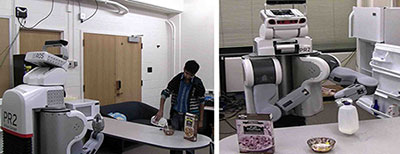

The world's oldest artificial pigment, Egyptian Blue, has previously unknown and potentially useful properties.
Sensors the size of temporary tattoos could transform how brain signals are monitored.

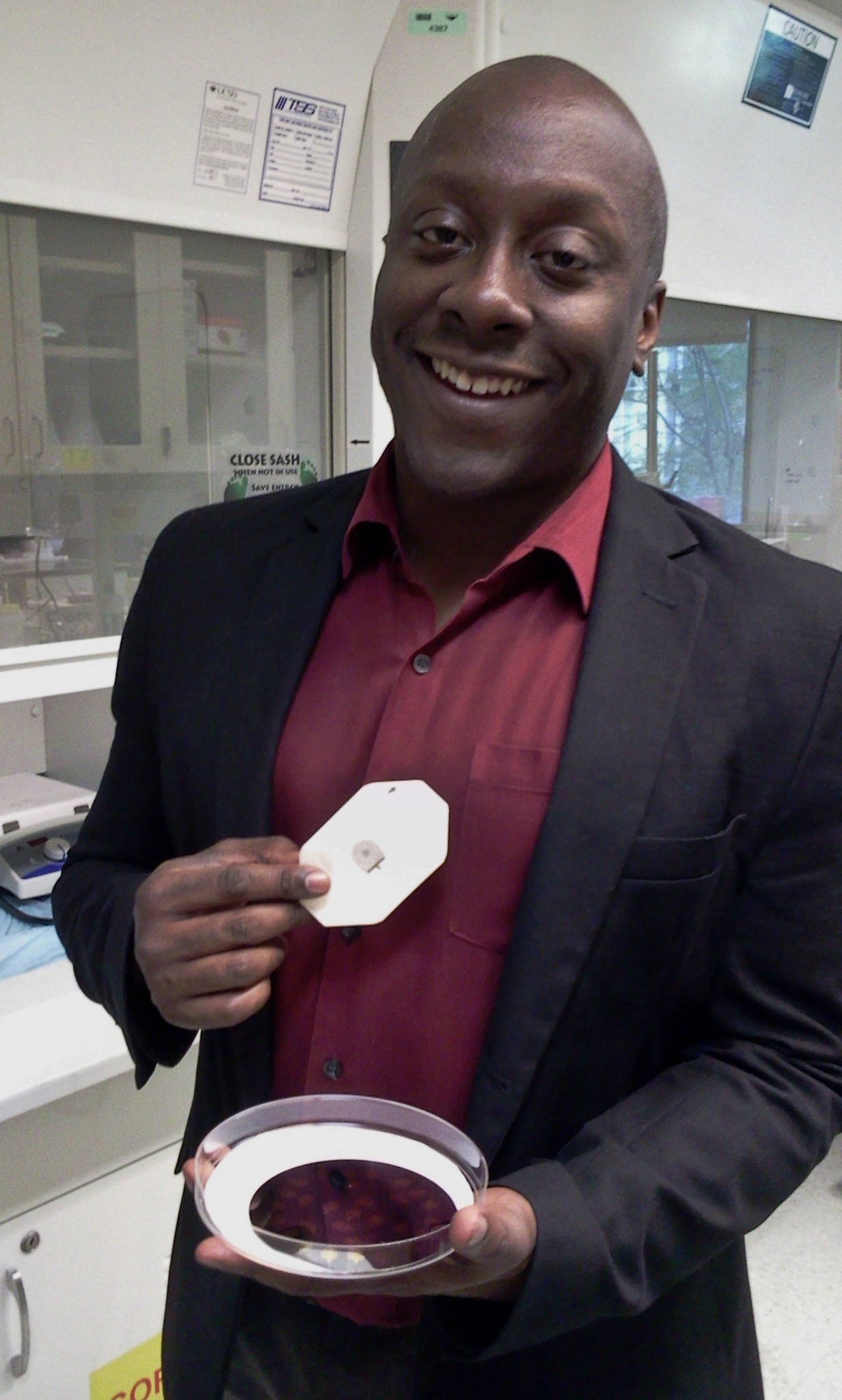
Sensors the size of temporary tattoos could transform how brain signals are monitored.
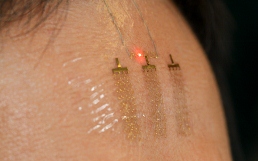
2013 AAAS ANNUAL MEETING, BOSTON, MA - Researchers are discussing how to treat psychological problems in chimpanzees, and why childbirth is such an ordeal in humans but not in apes. Also: scientific detectives have solved an art mystery. And researchers have unveiled ultrathin, wireless sensors that can monitor your brain activity.

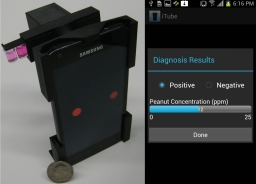
Smartphones with a small device attached can be used to test for food allergies.
Modifying the digestive process of bacteria could produce a useful fuel from common fats.


Ultrasound can monitor the lubrication in a car engine, which may improve oil efficiency.
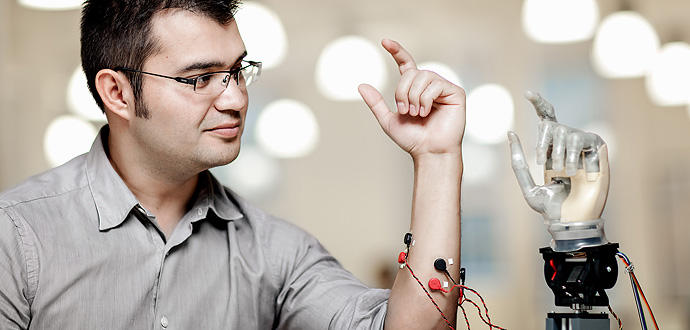
Prosthetic limbs are moving ever closer to life-like, thought-controlled replicas.
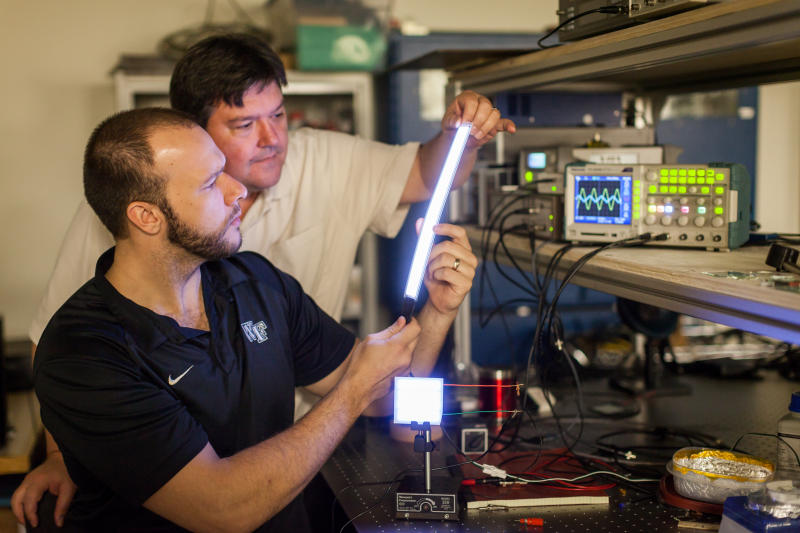
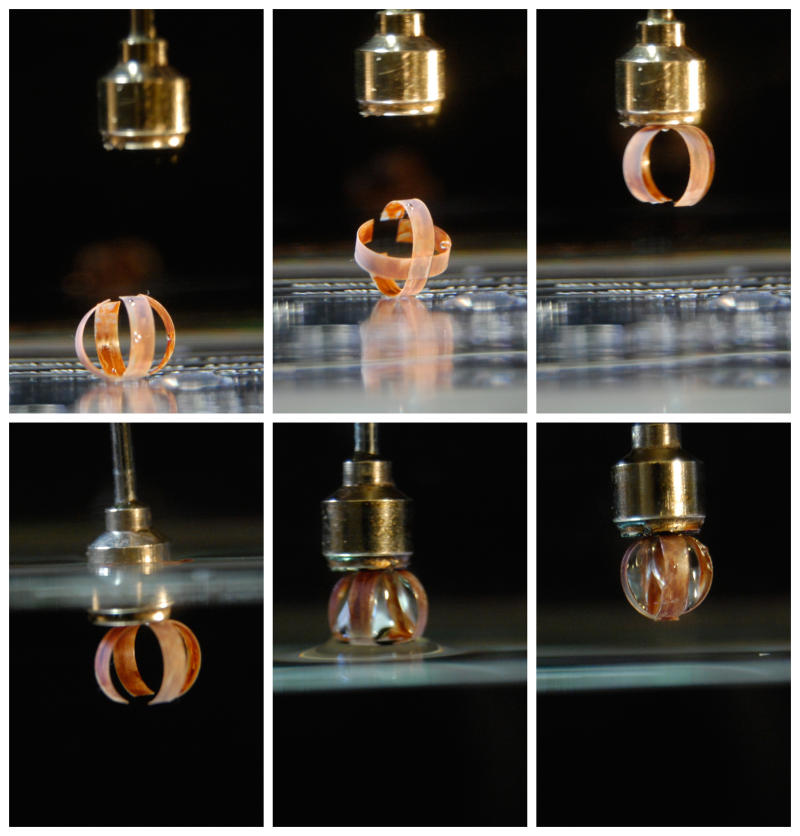
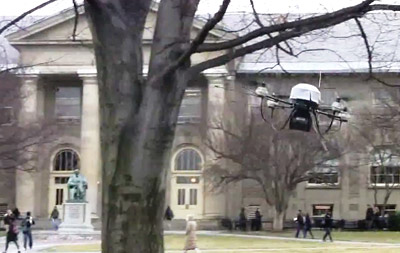
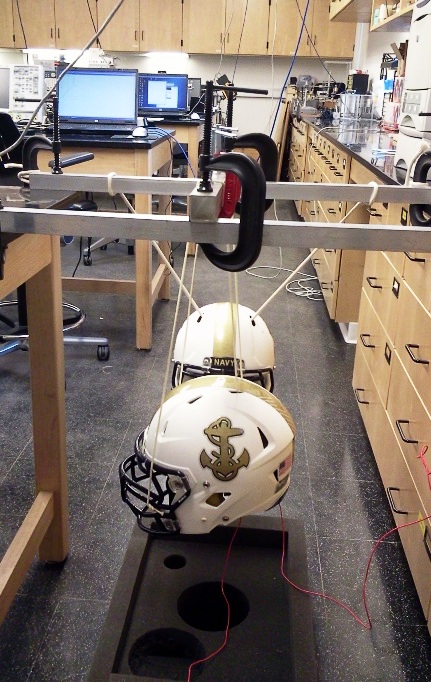
Measuring the acoustical signatures of colliding football helmets could help improve helmet safety.
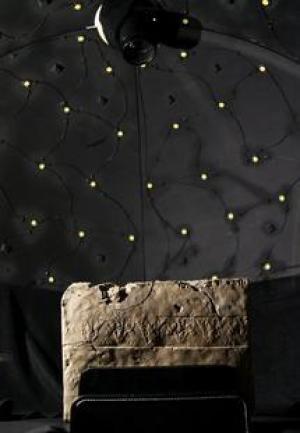
Sophisticated computer imaging may help decode the world's oldest un-deciphered written language.
